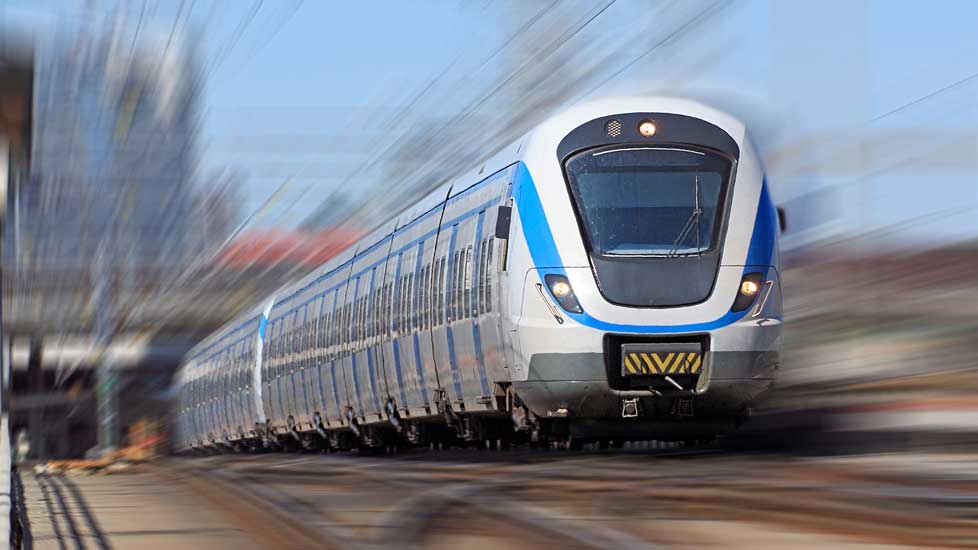Access Bank Plc has earmarked N11.3bn to invest in the acquisition of 2 sets of 10-car trains to ease Lagos traffic and reduce carbon emissions in the state.
The bank said in its corporate action for August that it is funding the project from the funds raised through the issuance of green bonds.
Advertisement
The acquisition is under the project name, ‘Low Carbon Transportation’ allocated on February 28, 2022, THE WHISTLER learnt.
“N11,331,840,000 has been allocated to the purchase of 2 sets of 10-car trains to ease mass transportation and reduce emissions,” Access said in the document seen by THE WHISTLER.
“Given the exploding population and the consequent increased vehicular traffic on the roads, there is a need for better and more sustainable initiatives. One of the new initiatives by the Lagos State Government is its expansion of the rail capacity in the city,” it added.
The lender launched the first CBI-certified corporate green bond in Africa in 2019 and raised N15 billion (US$41 million) from this issuance.
Advertisement
It issued another $50m green bond under its $1.5bn Global Medium-Term Note Programme, maturing May 2024.
Access Bank said Lagos has a transportation challenge that results in losses of man-hours estimated at N4 trillion annually.
Lagos Metropolis is famous for its 14-seater capacity Volkswagen Vanagon buses (Molue) and the Bus Rapid Transit (BRT) scheme which heightens the transport-based C02 and resulting air pollution.
Emission intensity per passenger per kilometer from the petrol busses is 26.1gCO2/p-km. But it hopes to cut emissions by 4,032 TCO2/per year with the trains.
The reduction is relative to 63.5 per cent to current emissions.
Advertisement
Access said, “Given that the current corridor of the rail line is covered by the 14-seater capacity Volkswagen Vanagon buses, resulting in an extensive reliance on petrol and diesel for fuel with emission intensities that are as high as 2.33 kg per litre to 2.68 kg per litre according to the GHG Protocol Emissions Calculation Tool. This gives the default emission intensity per passenger per kilometer of these buses to be as high as 26.1gCO2/p-km.
“The rail project offers a pragmatic approach to significantly reducing this emission intensity and as well as being a mass transport scheme, it will ensure increased passenger conveyance per time per vehicle significantly reducing emissions.
“There is a 63.55 per cent expected reduction in emissions with the use of the rail which is equivalent to an emission reduction of 4,032 TCO2/per year and passenger Conveyance capacity of 486,180,000 p-km/”
In January last year, the Lagos State Government launched 2 sets of 10-cars trains for its Red Line Project.



